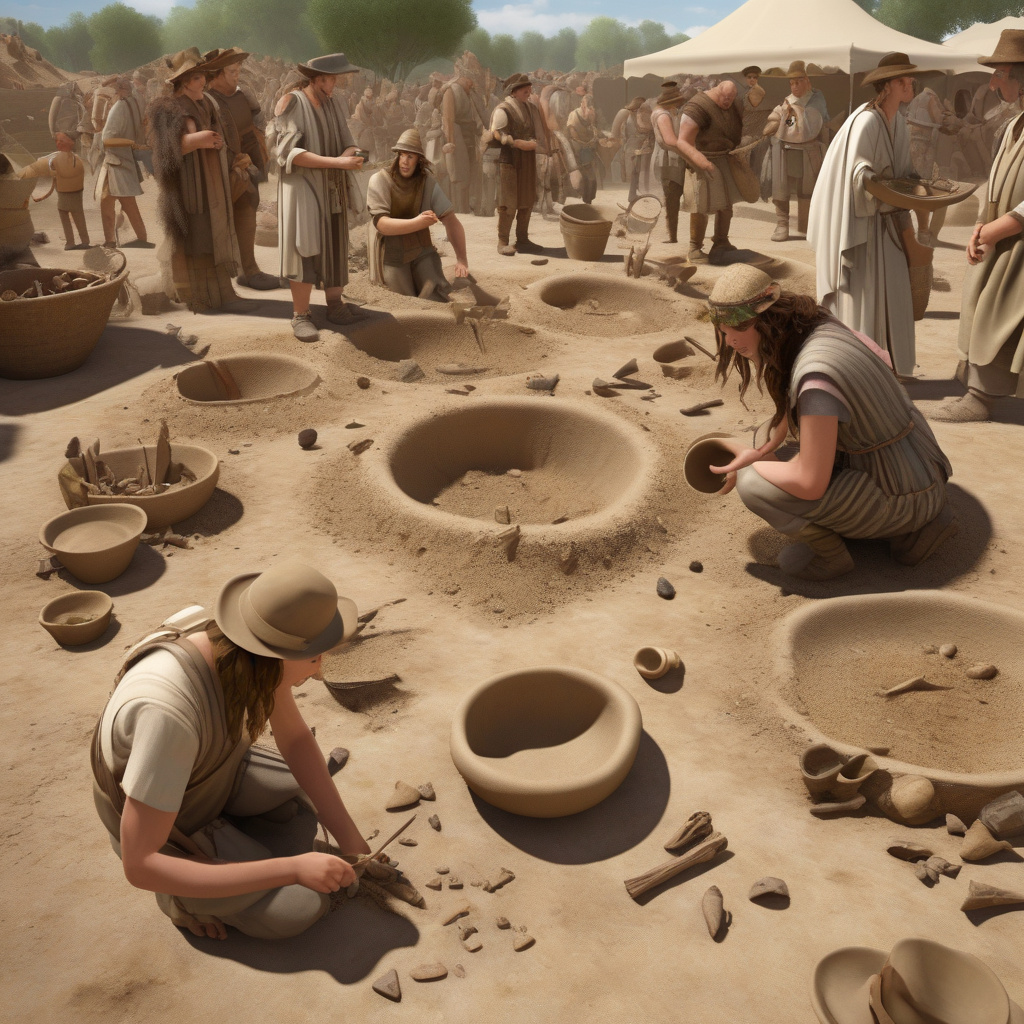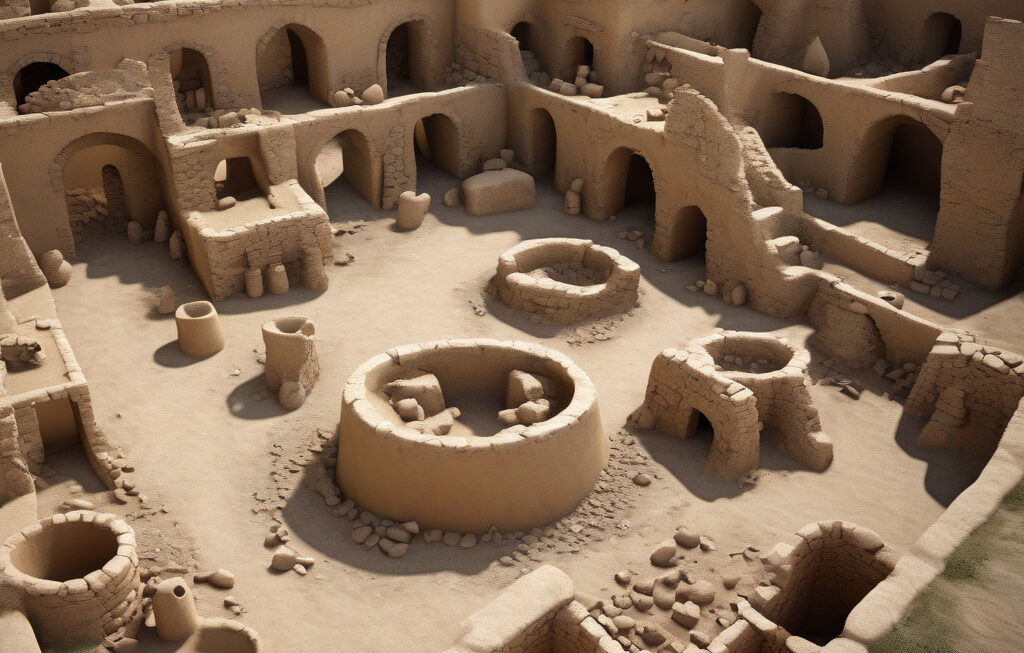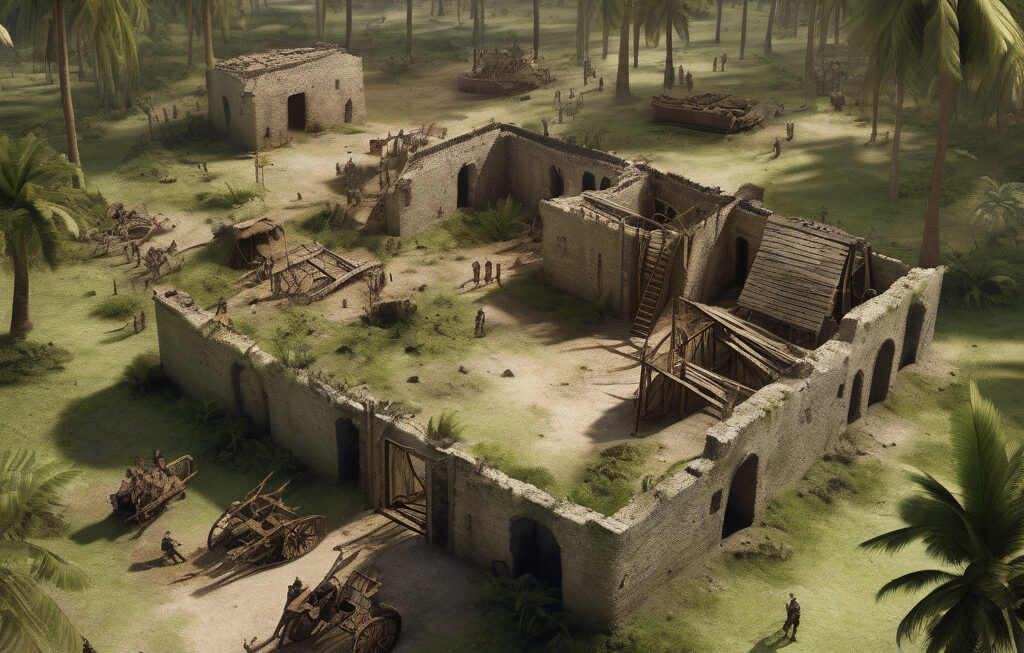Archaeologists Uncover Evidence of Ancient Feasts in Britain
Archaeologists have used cutting-edge technology to discover one of the largest feasts ever held in Britain, shedding light on how ancient Britons coped with the tumultuous end of the Bronze Age. The findings, which come from the analysis of a 3,200-year-old rubbish dump in the village of Little Waltham in Essex, reveal a fascinating glimpse into the social and cultural practices of the time.
The rubbish dump, known as a midden, was found to contain a vast array of food remains, including bones from a variety of animals such as cattle, sheep, pigs, and deer. This suggests that the feast held at Little Waltham was a grand affair, likely attended by a significant number of people. In addition to the animal bones, archaeologists also uncovered fragments of pottery, tools, and other artifacts, indicating that the feast was a well-organized event with a high level of material culture.
But what is most intriguing about this discovery is not just the scale of the feast, but the timing of it. The end of the Bronze Age was a period of great upheaval in Britain, marked by social unrest, environmental changes, and the collapse of long-distance trade networks. In the face of such uncertainty and instability, how did ancient Britons manage to stay sane? The answer, it seems, lies in coming together to celebrate and feast.
Feasting has long been recognized as a central practice in human societies, serving not only as a means of sustenance but also as a way to build and strengthen social bonds. In times of crisis, such as the end of the Bronze Age, feasting takes on an even greater significance, providing a sense of community, continuity, and shared identity. By hosting elaborate feasts, ancient Britons were able to reaffirm their connections to one another and their place in the world, even as the world around them was changing.
The discovery at Little Waltham is a powerful reminder of the resilience and creativity of our ancestors in the face of adversity. It shows that even in the most challenging of times, people have always found ways to come together, support each other, and find moments of joy and celebration. As we navigate our own turbulent times, perhaps there is something we can learn from the ancient Britons who, 3,200 years ago, threw a feast to remember.
In conclusion, the recent archaeological findings at Little Waltham offer a fascinating glimpse into the social and cultural practices of ancient Britons at the end of the Bronze Age. By uncovering evidence of a large feast, archaeologists have provided valuable insights into how people coped with uncertainty and upheaval, highlighting the enduring importance of community, connection, and celebration in times of crisis.
ancientbritons, feastingtraditions, archaeologicalevidence, culturalpractices, stayingtogether












